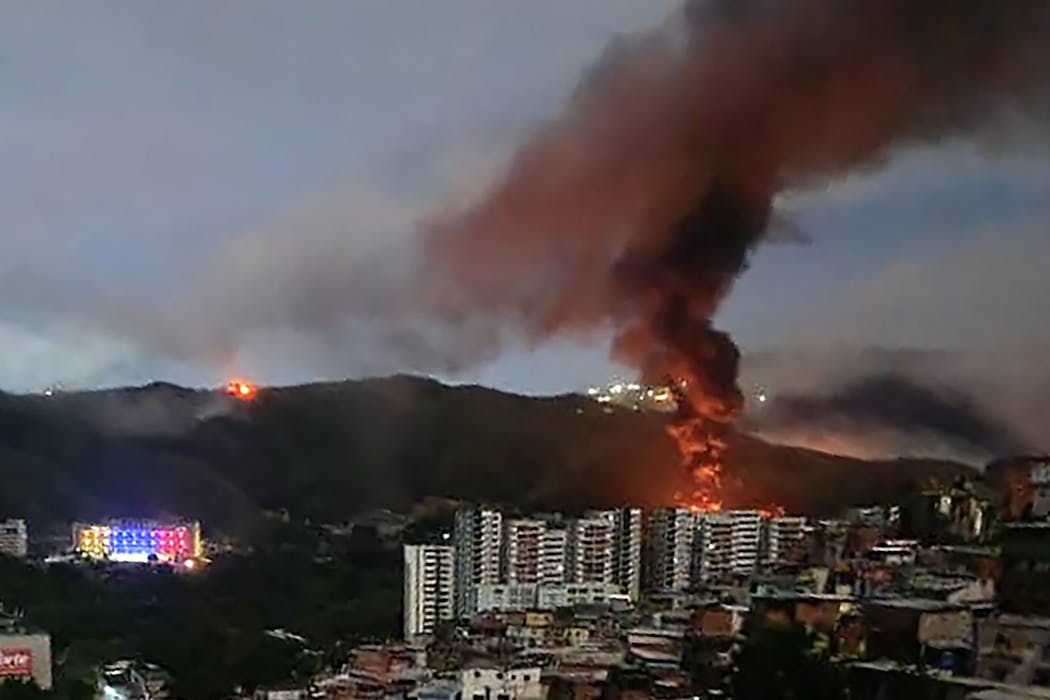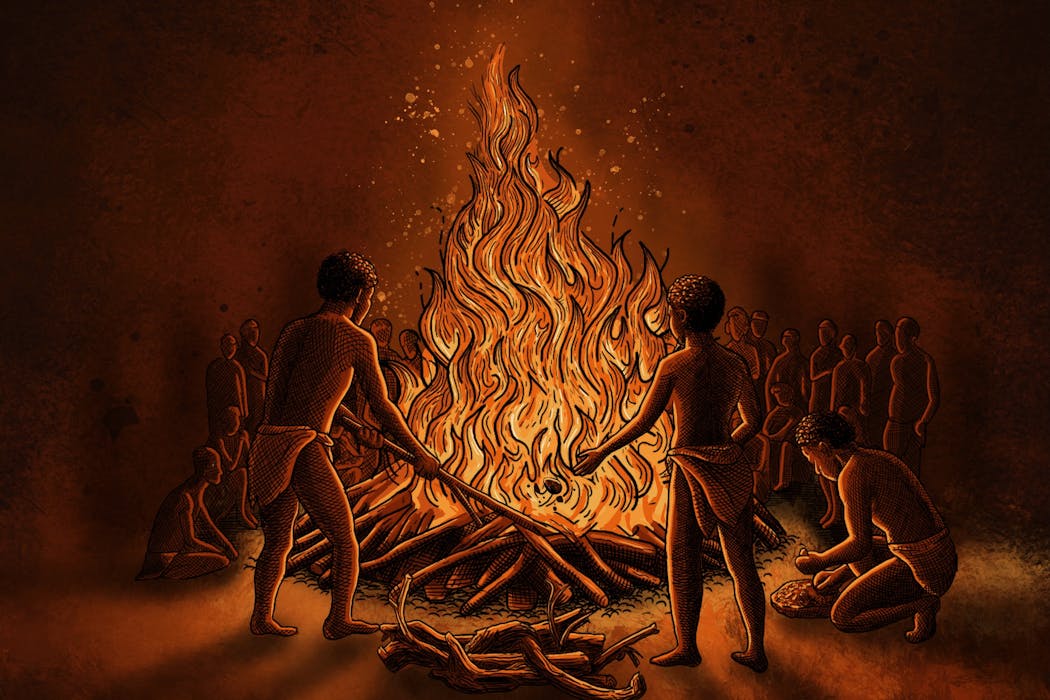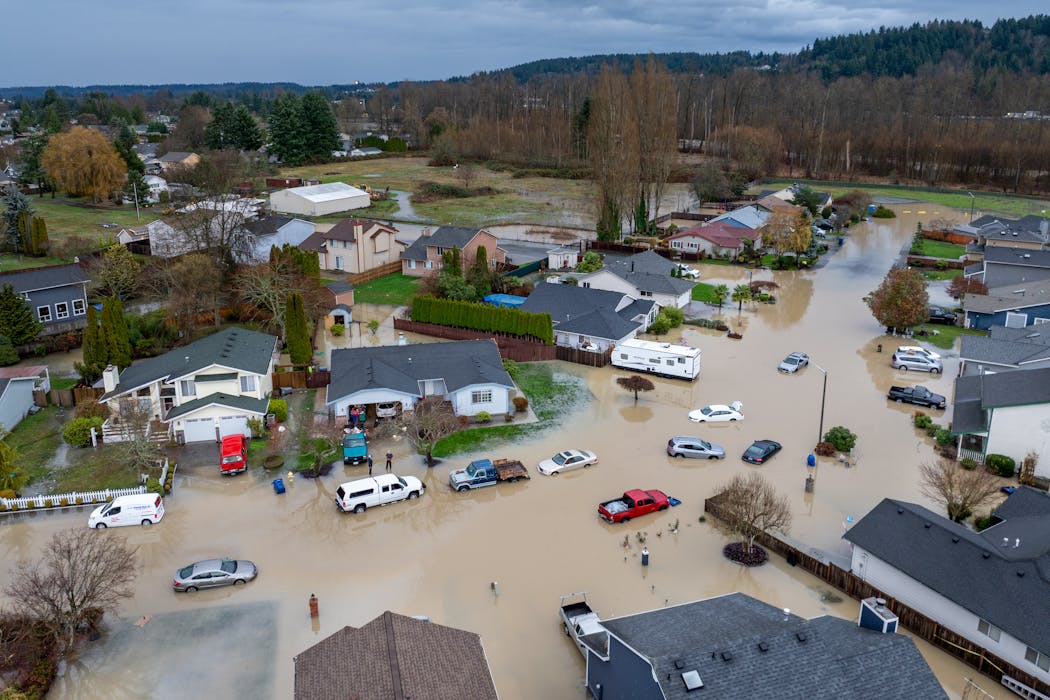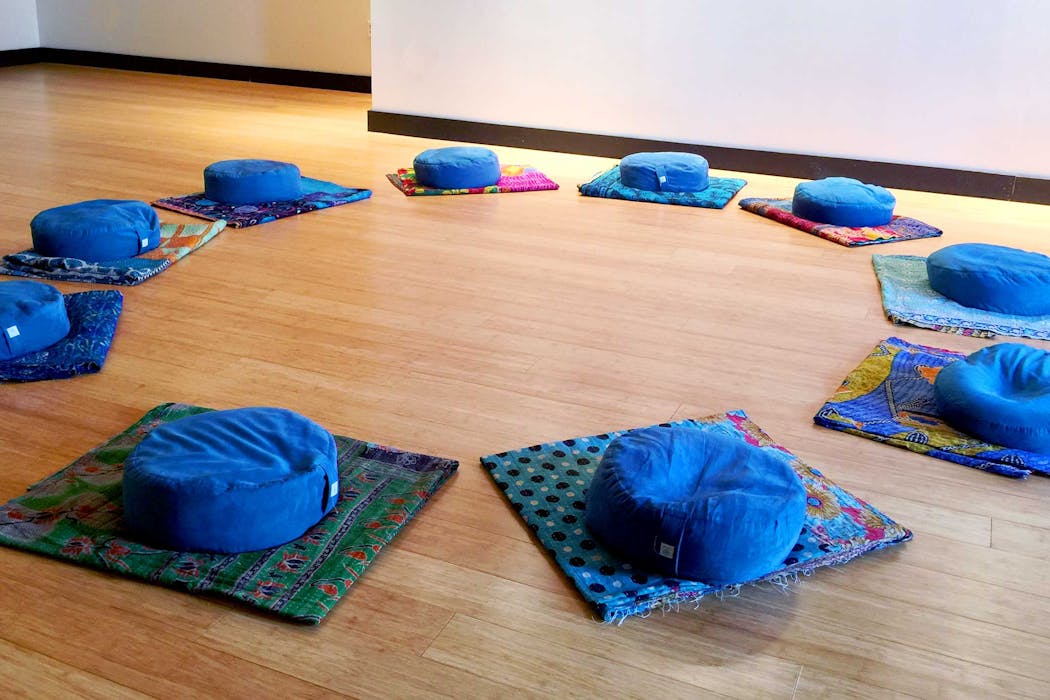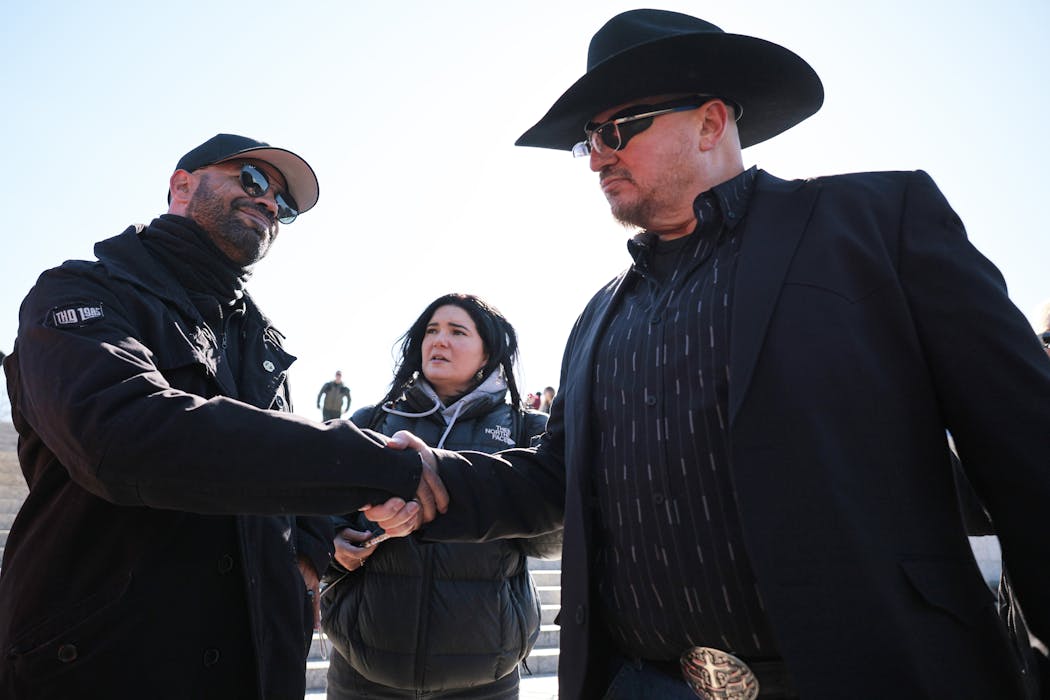A predawn op in Latin America? The US has been here before, but the seizure of Venezuela’s Maduro is still unprecedented
- Written by Alan McPherson, Professor of History, Temple University
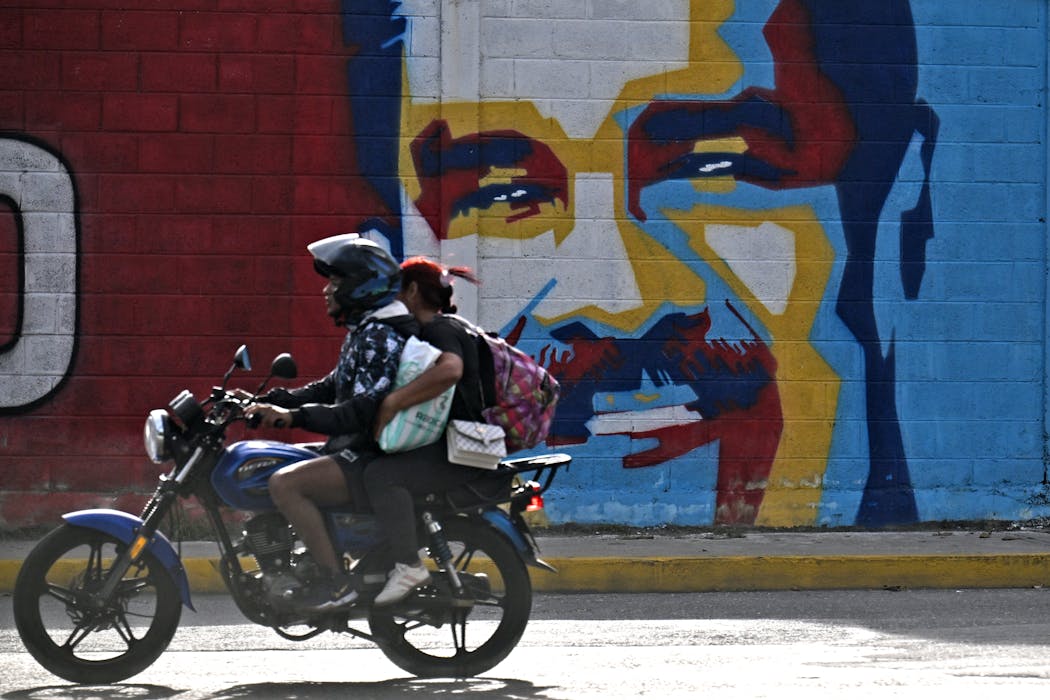 A motorcycle rides past graffiti depicting Venezuelan President Nicolas Maduro in Caracas on Jan. 3, 2026.Juan Barreto/AFP via Getty Images
A motorcycle rides past graffiti depicting Venezuelan President Nicolas Maduro in Caracas on Jan. 3, 2026.Juan Barreto/AFP via Getty ImagesIn the dead of night during the holidays, the United States launched an operation inside a Latin American country, intent on seizing its leader on the pretext that he is wanted in U.S. courts on drug charges.
Th...


